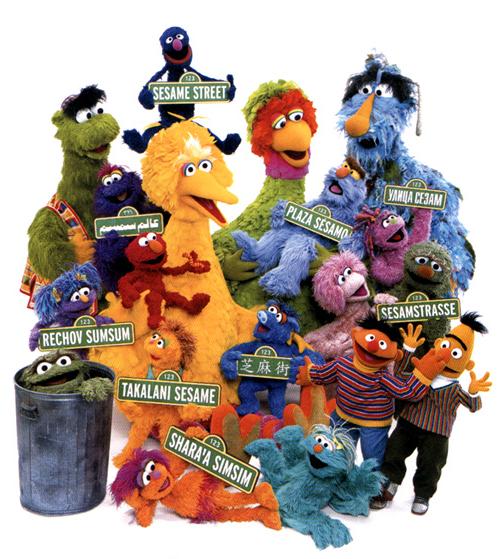By: Jaime Clifton, Research Curator
An integral aspect of curatorial practice is understanding your audience. Educational resources may not be compelling or make an impact if they don’t take into account their audience’s needs, interests, and barriers. That’s why conducting extensive audience research is key to successfully engaging the public. Sesame Street’s educational non-profit, Sesame Workshop, follow an organizational model that relies on audience research and experimentation. In developing programs and resources specifically designed for displaced refugee children, they have partnered with International Rescue Committee who aid refugees and victims of armed conflict. Since they are already on the ground in refugee camps and resettlement areas, they have an understanding of the needs of these communities. Many children living in refugee camps no longer have access to the vital childhood education they need, and are often suffering from toxic stress and trauma. These new resources and programs will not only offer enjoyable experiences, but also address these local issues. The first phase of the pilot project will provide specially curated content via mobile devices, radio, television, and print material to children near Syria.
 International Sesame Street, image via Wikia
International Sesame Street, image via Wikia
- Log in to post comments
CRC Comments